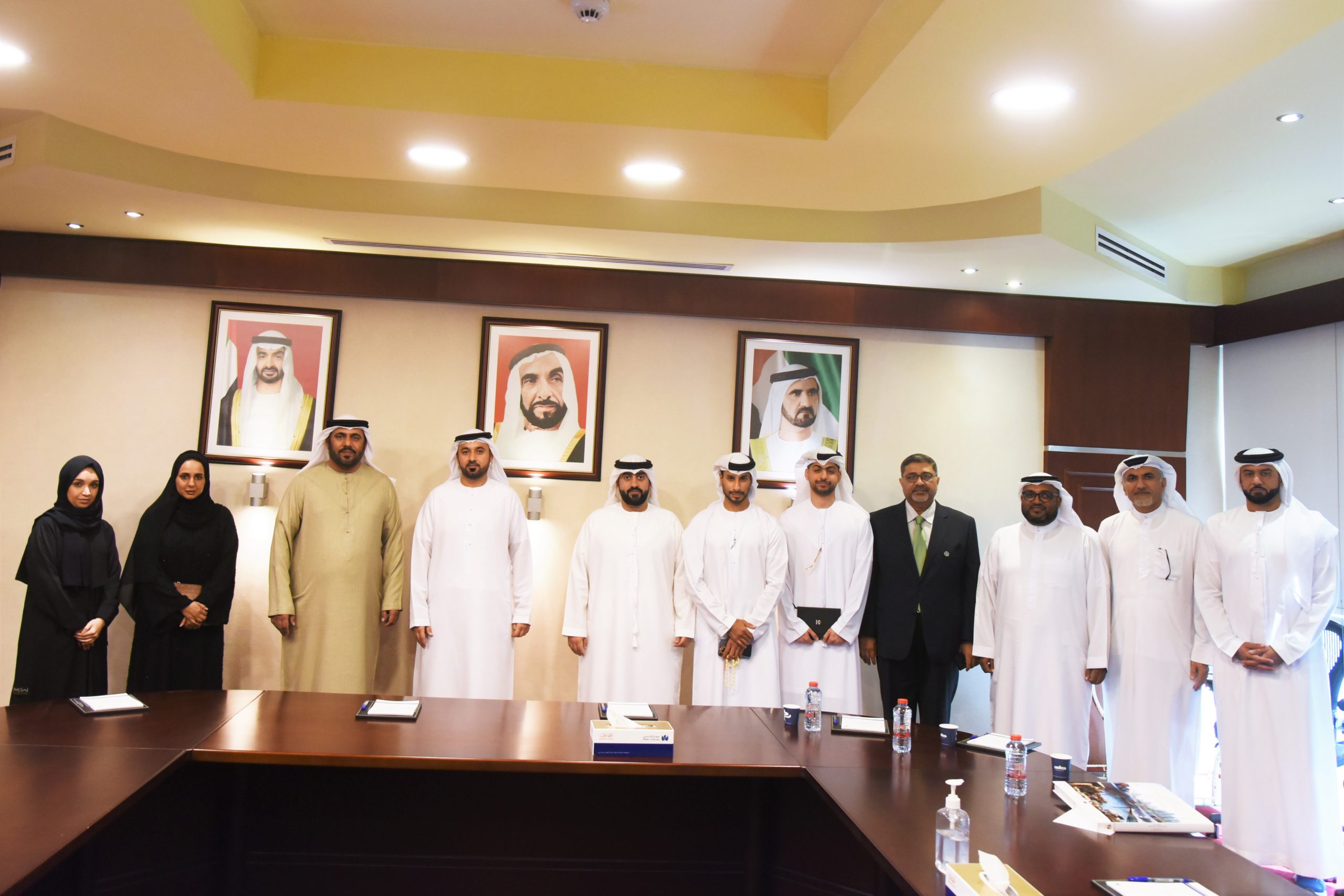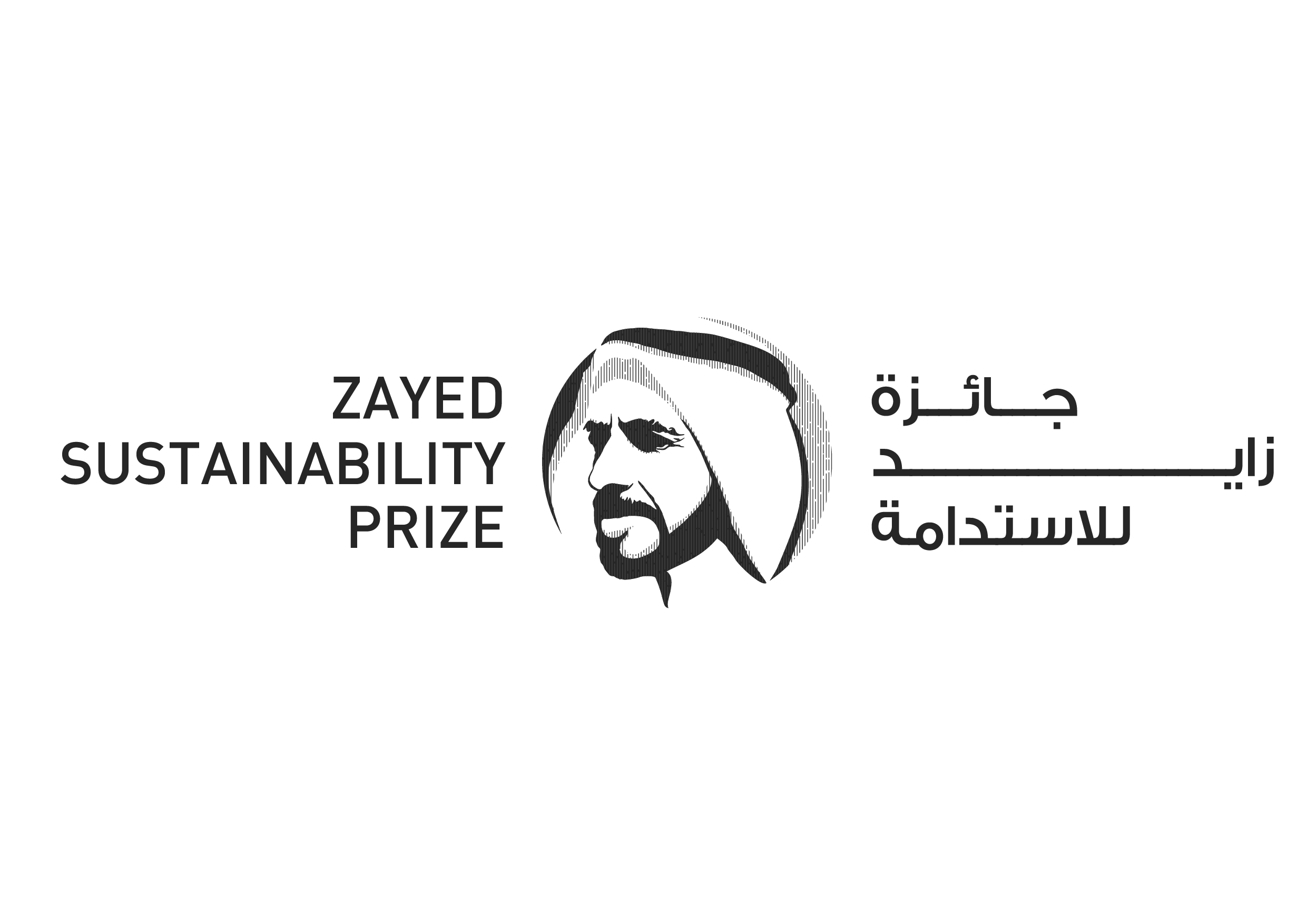DUBAI, 19th January, 2022 (WAM) — UAE consumers are leading the way globally in prioritising sustainability as a food and drink mandate, a new survey by Bord Bia revealed.
Bord Bia, the Irish food board, explored purchasing habits across 13 countries to better understand how different markets are responding to these changes. The pandemic has inadvertently accelerated a shift in shopping and eating habits worldwide, with more consumers influenced by ethics and sustainability factors and interestingly, UAE has led the way in prioritising sustainability as a food and drink mandate.
The United Arab Emirates presents a unique mix of consumers as a majority of the country’s population of 9.89 million people are expats, with less than a sixth made up of locals. In the Bord Bia survey, UAE consumers showed a growing interest in natural foods, backed by the understanding that natural produce is the healthier choice. Nearly 60 percent of the participants agreed that the naturalness of the product influences their grocery choices, the highest of all markets.
Kieran Fitzgerald, Regional Director – Middle East, for Bord Bia, said, "These survey results suggests that the shift in consumer behaviours caused by the effects of the pandemic can no longer be considered a passing fad, particularly in the Middle East. The food and drink industry need to pay attention to consumer demands now more than ever, and it is becoming more evident that there is an incredible opportunity for food producers looking to grow internationally to adopt sustainability at the core of their business strategy."
Linked to sustainability, UAE consumers are also increasingly aware of food quality and traceability, and as a result willing to pay a premium for food and beverage products that are quality assured, have high nutritional value and are natural. Nearly a third (29 percent) of UAE beef consumers are willing to pay a premium for quality assured beef, ahead of all other attributes. Additionally, a half of the UAE participants (47 percent) affirmed their interest in natural dairy products.
"This greater interest in food quality indicates that the UAE market is likely to make their selections based on nutritional values and naturalness of the products. This reinforces the fact that businesses need to work towards educating their consumers about their sustainability agenda and wider food production practices in order to be a successful business," Kieran added.
Additionally, a remarkable 84 percent of UAE consumers confirmed making an effort to limit their consumption of artificial additives in the last 12 months, significantly higher than the global average of 75 percent.
Ireland's commitment to sustainable food production is leading the way for other suppliers and government bodies to ensure food is being produced in a responsible manner. Bord Bia’s Origin Green sustainability programme is the only sustainability programme of its kind in the world that operates on a national scale in uniting the government, the private sector, and food and drink producers to ensure that all foods are produced sustainably.
If current dietary habits remain, food production will need to almost double by 2050, which would lead to the depletion of natural resources like water and biodiversity. It is therefore more essential that sustainable methods are prioritised before it is too late. The Bord Bia survey helps businesses assess consumer’s priorities towards sustainable food and recognise which components are most important across different demographics.
"While this survey only provides a glimpse of consumer views, it also stresses the need for food supply chains to align with consumer trends and shines the spotlight on a great opportunity here to kickstart a wider dialogue on sustainability in food production, both regionally and globally," Kieran said.

 World2 years ago
World2 years ago
 World2 years ago
World2 years ago
 Entertainment7 years ago
Entertainment7 years ago
 World7 years ago
World7 years ago
 Entertainment7 years ago
Entertainment7 years ago




